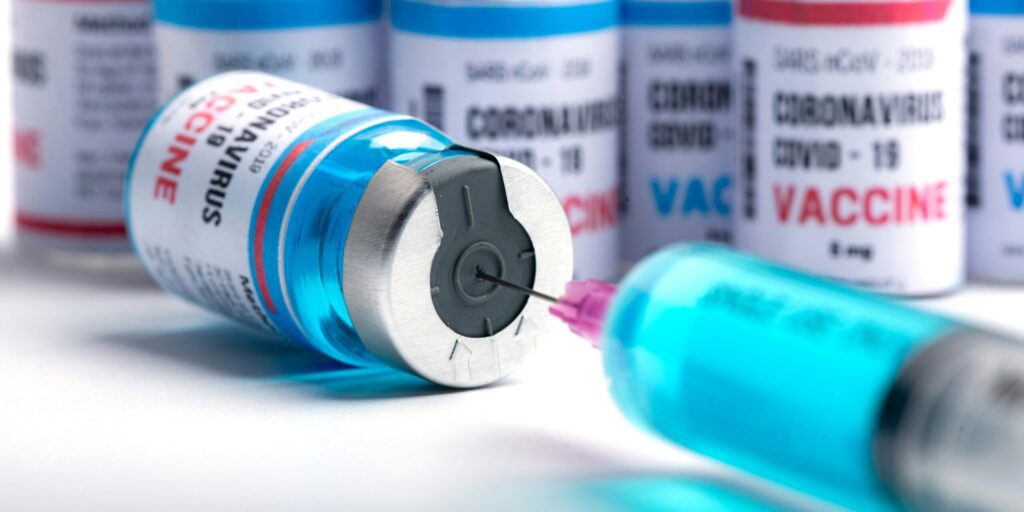Pfizer and BioNTech have announced promising results for their updated mRNA COVID-19 vaccine, designed for the 2025–2026 season. Early data reveals that the vaccine induces a robust immune response, particularly among older adults and individuals with underlying medical conditions. These groups saw a significant increase in neutralizing antibody levels, with a boost of at least fourfold, which is a critical marker in the fight against COVID-19. This promising development comes as the vaccine landscape evolves, and policy changes surrounding COVID-19 vaccination become more nuanced.
The update in the vaccine formulation comes in response to the ongoing evolution of the virus and the need to protect vulnerable populations. Pfizer and BioNTech’s latest version of the vaccine builds upon their previous success, providing stronger protection and potentially reducing the severity of future COVID-19 cases, especially for those at higher risk due to age or preexisting health conditions.
Read Also: https://atoztimes.com/world-breast-cancer-research-day-spotlights-decades-of-scientific-breakthroughs/
However, this vaccine rollout arrives at a time of shifting federal policies on COVID-19 vaccination. The Advisory Committee on Immunization Practices (ACIP), led by Health Secretary Robert F. Kennedy Jr., has recently moved away from recommending universal annual vaccination. Instead, the ACIP now advises individuals to consult with healthcare providers to assess their personal risk factors and determine if the vaccine is appropriate for them. This change in guidance reflects a more individualized approach to vaccination, rather than blanket recommendations for the entire population.
As a result of these policy shifts, different states have begun to create their own guidelines and health recommendations. In some cases, states have formed independent health coalitions to address local public health needs and ensure that their residents receive the best possible care and protection. These varying guidelines reflect the complexity of managing a public health crisis in an evolving landscape, where new variants and medical research continue to shape the strategy for combating the virus.
Despite these policy changes, the updated vaccine’s strong immune response offers hope for those concerned about future COVID-19 outbreaks, especially for the most vulnerable populations. With the vaccine showing promise in boosting immune defenses, public health experts are closely monitoring its distribution and impact in the coming months, as communities adapt to new vaccination strategies.
As vaccination policies continue to evolve, it is clear that personalized healthcare will play an increasingly important role in shaping the future of public health responses to COVID-19. The latest advancements in vaccine development, combined with a more tailored approach to vaccination, could help ensure that individuals are better protected while navigating the complexities of an ongoing global health challenge.


